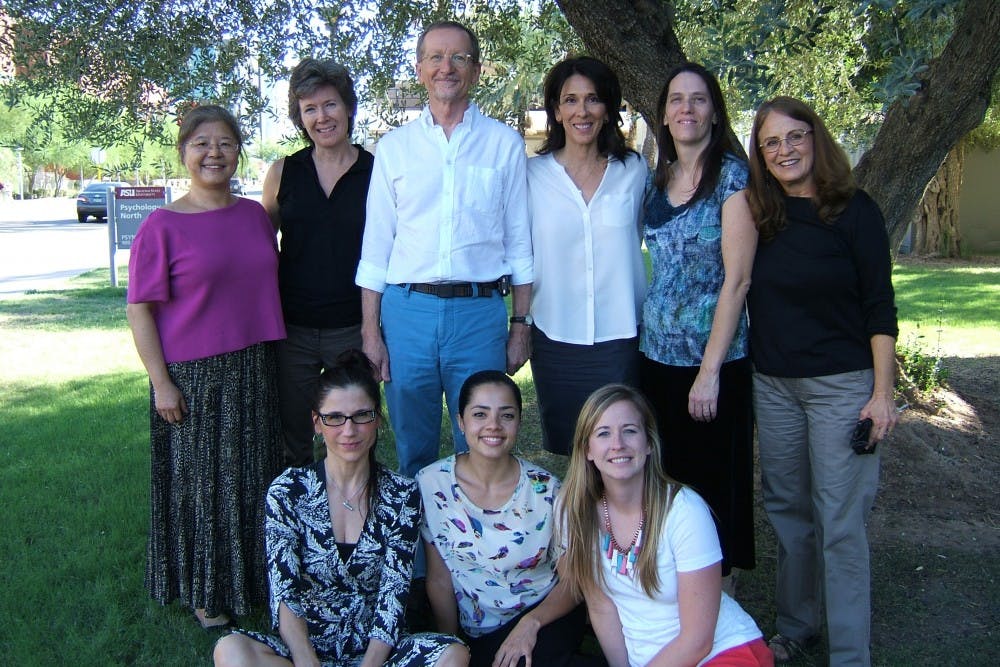The Bridges Program mixes psychology, research and parenting skills to help underprivileged families fill in what their student's educational lives lack.
The program, which is currently offered in Arizona schools, consists of a series of after school sessions with parents and students in which the group leaders conduct group exercises to open lines of communication and address emotional and educational needs. They conduct interviews with the parents before starting them in the program, too.
It also helps the parents tackle the problems that come with raising an adolescent and handle their kid's transition from middle school to high school.
Nancy Gonzales, the program's lead investigator, said she and her colleagues help families — mostly Mexican-American ones from underprivileged schools — make positive changes so that their kids stay engaged and motivated in school.
“We believe that staying engaged in school is important for preventing kids from getting into other difficult (places) later in life,” Gonzales said. “School can have this positive cascading effect on their future.”
Since the early 2000s, the program has shown a long-term impact on helping students to be more successful later in life, Gonzales said. Since then, they have been working to streamline the program, and make it more efficient and cost effective.
“We threw out everything that wasn’t part of what was working, because one of the biggest problems in the field of family intervention ... is families are busy and they don’t have a lot of time to put in multiple hours of work,” Gonzales said.
The program has been taken down from nine sessions of student meetings to four, and added more media elements such as animated modules and videos to help with teaching.
Gonzales said new research is being done and the revised program is being evaluated. They're also hoping to see if the program will work if teachers in the schools deliver the program to the communities, and then expand it to be statewide.
"(We've) packaged it in a way that schools are able to deliver with high levels of quality like we had done ourselves," Gonzales said. "Now we want the schools to be able to deliver it themselves and see if that would be effective."
Interdisciplinary sophomore Ashley Durham joined the program after seeing an advertisement for it in the Barrett Honors Digest. She said she likes it because it’s a more hands-on research opportunity.
“You actually get to work with the kids, and see how research comes together and how it might be applied someday,” Durham said.
She said that at first, she was hoping to lean more towards psychology with her degree, but now she’s interested in research — specifically with regard to mental health.
She hopes to continue with the program, and feels that it’s important to have people participate in it long term because there are a lot of little details involved in giving a family quality care.
“Being able to do that accurately, and helping the people that are in this program is really important,” Durham said. “So, I do hope to stick with it.”
Sandra Losoya, the project director, said she also feels this project gives undergraduates research opportunities in a way that other labs can’t.
“It’s a win-win situation," Losoya said. "It’s a win for the undergraduates because they get this tremendous training, which is good for students if they want to go to graduate school, and it’s good for students to learn about life."
Related links:
ASU, College Mentors for Kids give students chance to make positive change
Students plan to help children through dance group Movement Exchange
Reach the reporter at avcabral@asu.edu or follow @angeligagaa on Twitter.
Like The State Press on Facebook and follow @statepress on Twitter.




